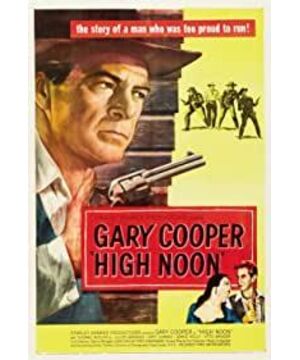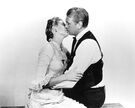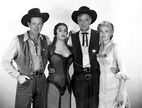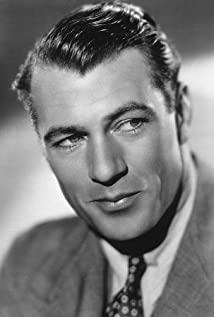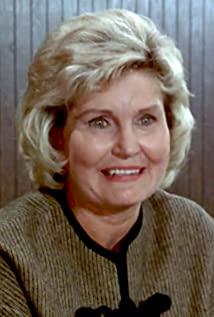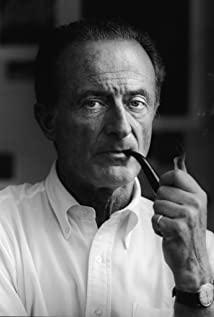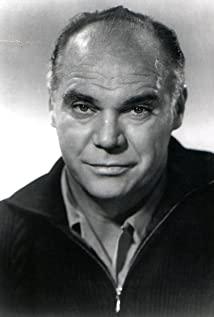Straight to the point, from the perspective of personal psychoanalysis, the film at Noon is not a hero at all, but an idealistic egomaniac. He regards himself as the god or savior of the small town, and he thinks it is the residents of the small town who are saved. However, he only used this as an excuse to solve his arrogant vanity and inner role conflict. The relationship between the town residents and the gangster is already obvious in the bar. In contrast, the relationship with the male protagonist is more hostile. When you see the gangster, there is no expression of fear, hatred or disgust. On the contrary, everyone is more affectionate towards the hero Kane. I feel disgusted, such a personality often regards himself as a good person, a good person, and a saint in social life, and often lacks thinking about social injustice and "draws a sword to help", causing poor people in society to be more pitiful, and cruel people even more cruel. From a political point of view, this is a movie about the downfall of the heroes of the West. It expresses the public's strong and excessive interference in social problems by the state machine, ignoring the public's own feelings, and forcing the public to take the risk of failure. The government uses positive energy as an excuse to satisfy selfish desires and ignore people's lives. vision, and despise some of those who oppose it with this political logic. From a legal point of view is it possible to take an emergency shelter before the train arrives because they are 100% going to murder the town's police officer Zeng Kane so it is dangerous. From a philosophical point of view, Kant, Heidegger, Foucault, Nietzsche flashed through the brain and none of them seemed to be able to conclude that he was a moral and upright hero.
View more about High Noon reviews


